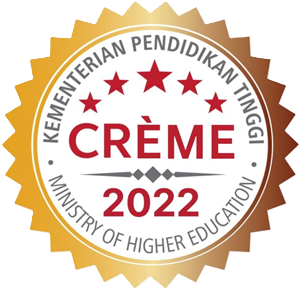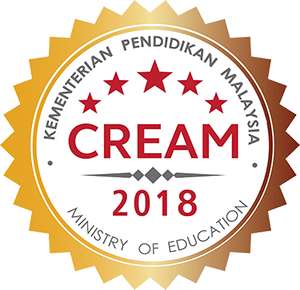MODEL FOR COLLABORATIYE PLANNING OF COMMUNITY- MANAGED RESOURCES BASED ON QUALITATIVE SOFT SYSTEMS APPROACH
Keywords:
System dynamics, scenario analysis, soft methodologies, participatory action researchAbstract
A qualitative soft systems model is proposed in this paper to address the inherent complexity of community-based resource management. The model follows the principles of participatory management where local stakeholders are fully engaged in different phases and stages of planning and decision-making. The process starts with an open exploration of views and perspectives from all participants. Collaborative or participative modelling follows where the multiple views, perspectives and concerns are systematically organised and structured into a qualitative model describing the interrelationships, interactions, and causality relationships of the different management components, particularly the relevant indicators. The modelling process allows direct participation and involvement of all stakeholders. Hence, the resultant model is a product of the collective knowledge, expertise, and experience of the stakeholders. The model and the modelling process offer an excellent environment for learning on the part of the stakeholders as they formulate the relevant components, indicators and their dynamic interactions. The proposed approach is demonstrated using a case study involving forest communities within the Pasir District located at Kalimantan, Indonesia.





